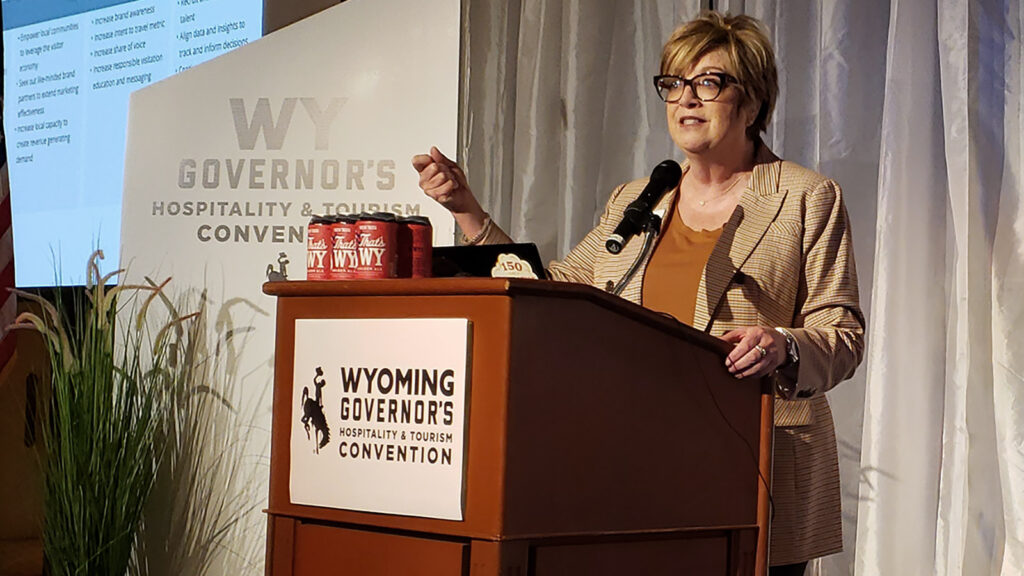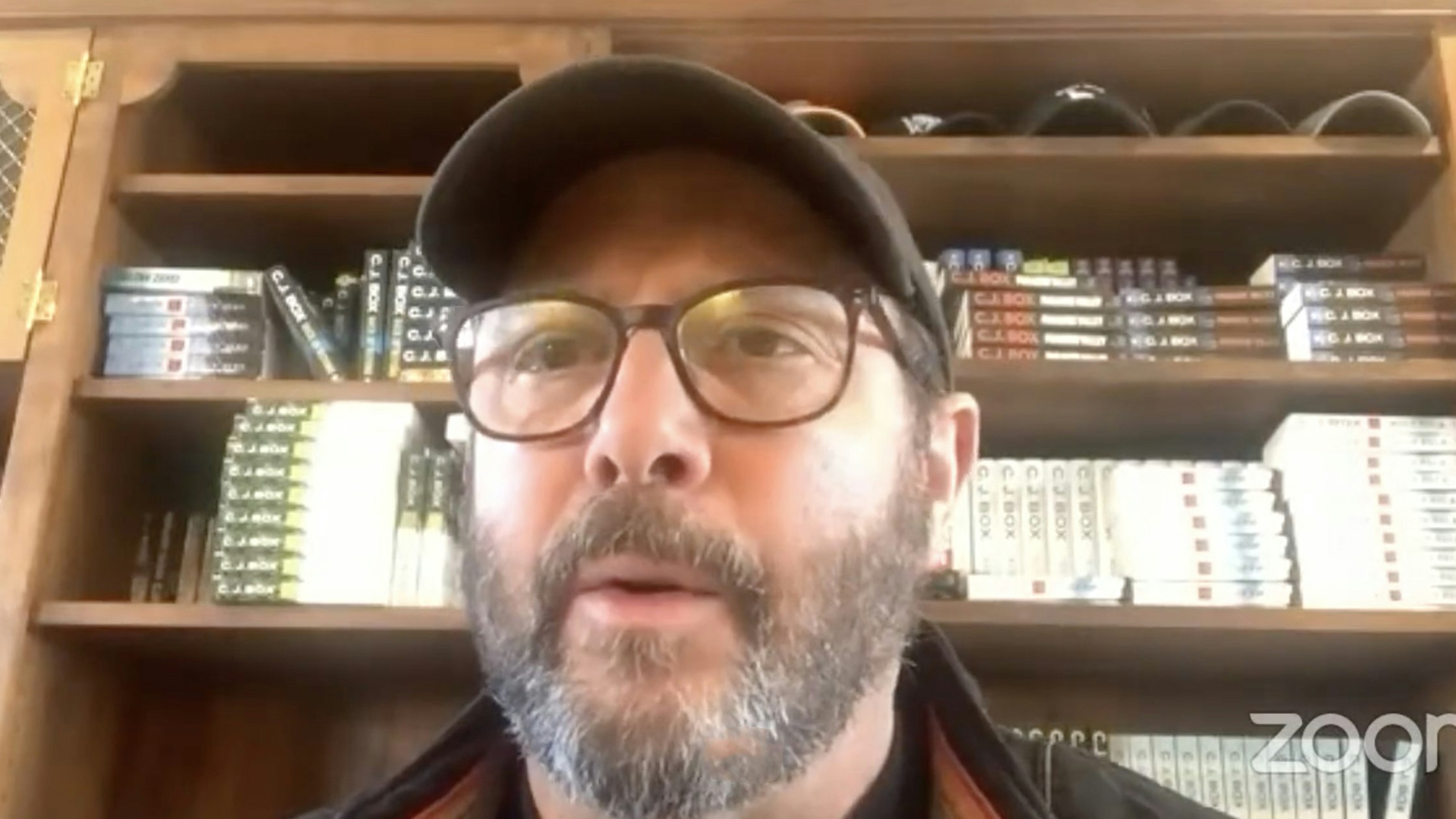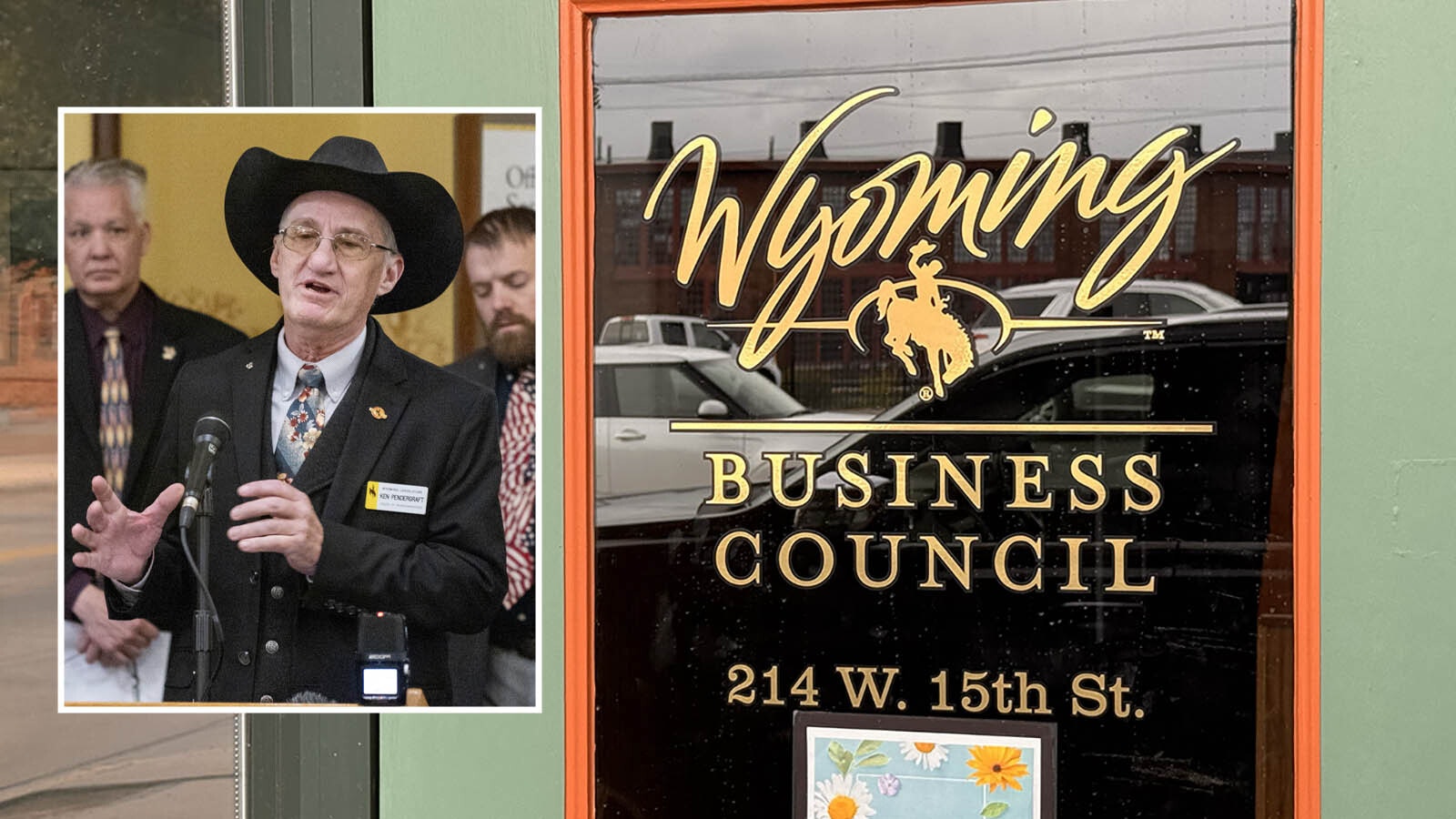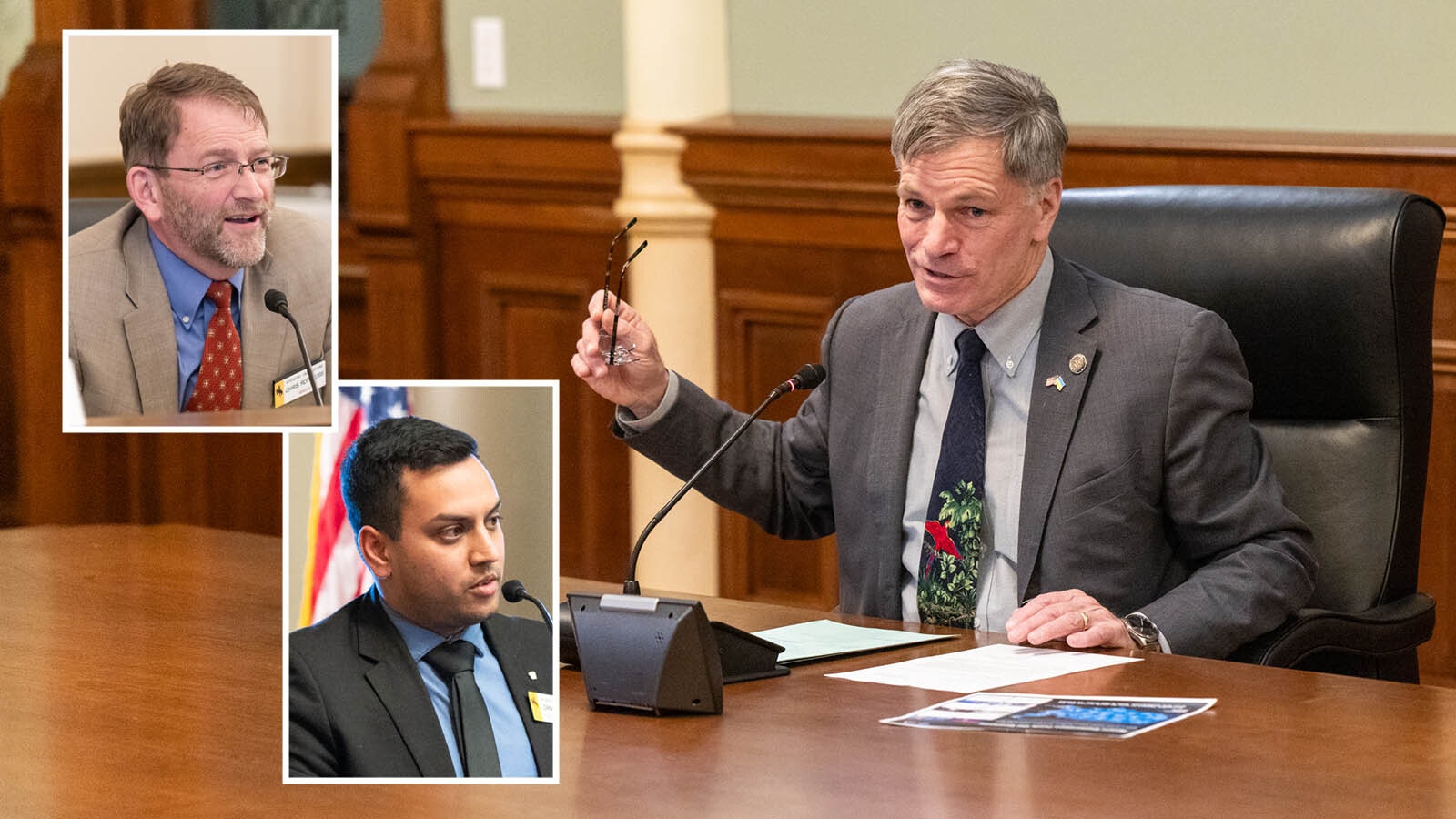When the “Yellowstone” television series first came out, Chris Brown with the Wyoming Hospitality and Travel Coalition got an excited phone call from his mother, who is a big fan of the popular Paramount Network show.
“Do you live near where that’s filmed?” Brown’s mother asked.
Unfortunately, Brown had to tell his mom that, although the show features Wyoming, it’s not filmed in the Cowboy State at all. It’s filmed in Montana, a state with a film incentives program, which captured the attention of the television show’s producers.
“We see this narrative time and time again of states that are pretending to be Wyoming putting forward a Wyoming storyline,” but aren’t produced here, Brown told lawmakers. “And that just doesn’t seem right to me.”
House Bill 92 Could Re-Write The Script
Film incentives could help Wyoming when producers with a Wyoming storyline are shopping around for filming locations.
House Bill 92 would offer a tiered rebate on qualified expenses for film production that happens in the Cowboy State.
One tier would offer a maximum 30% cash rebate on a minimum spend of $200,000. Another would offer up to 15% in rebates on a minimum spend of $50,000.
To get the full rebate, there are additional requirements, such as hiring a certain percentage of Wyoming workers or completing post-production work in the state.
Nothing would be paid to any film companies until the expenditures are actually made and then verified through an audit.

Wyoming Has Already Lost Big Opportunities
C.J. Box, a popular Wyoming author of more than 30 books who also is the executive producer of the television shows “Big Sky” and “Joe Pickett,” told the House Travel and Tourism Committee on Thursday that the Cowboy State has missed out on an enormous payday with both of his shows.
It was his fourth time testifying on the issue.
“Both of those productions looked to Wyoming first,” he said. “In both cases, they were turned away when they started to add up the numbers and realized Wyoming did not have an incentive program, and they quickly moved on.”
“Big Sky” went to Canada and then New Mexico, while “Joe Pickett” is being filmed in Alberta, Canada.
Box has visited both sets and has seen their on-the-ground budgets. For “Big Sky,” each season is $27 million, while for “Joe Picket” it’s $17.5 million.
“That’s what they pay for drivers, carpenters, electricians, caterers, equipment, operators, retail accommodations, rental cars, equipment, heavy equipment, taxidermy and some local extras,” Box said. “None of that is going to Hollywood actors. That comes from a separate budget.”
With each of those shows in their second season, that means Wyoming has lost out on $90 million of on-the-ground spending from those two shows alone.
“I recently heard that a small little town in Alberta, called Fall River, which serves as Saddlestring in the Joe Pickett series in the Big Horns is now starting to see their first Joe Pickett tourists show up to see the Big Horns in Alberta, because it’s not here.”
Robert Redford Also Picked Montana
Those two shows are not the only ones the Cowboy State has missed out on, Kelly Eastes testified.
Eastes runs the Casper Film Office. He recalls scouting three times for “1883,” which is the prequel for the “Yellowstone” series starring Harrison Ford.
“They wanted locations outside of Casper near Independence Rock,” Eastes said. “We had things set up for them, but the incentive threw them to Montana since we didn’t have that available to us.”
Eastes also recalls scouting the town of Meeteetse for a screenplay titled “Unfinished Life.” The movie was produced by Robert Redford, but the screenplay was by Cody, Wyoming, author Mark Sprag.
“They absolutely loved Meeteetse,” Eastes said.
But that movie was ultimately shot in Canada instead.
“We’ve lost a lot of opportunities,” he said. “And I’d like for us to be able to capture those opportunities and really be able to tell those Wyoming stories.”
Also Means Jobs
Sean Patrick Higgins, founder of Story House Pictures, said Wyoming lost out on an average of 2,200 jobs a year over the last 10 years.
A comparative analysis of the Rocky Mountain West, which includes Wyoming, Utah, Colorado and Montana, shows that other states have three times the number of the skilled jobs associated with filming.
“We’ve also seen that the return on investment for every film incentive dollar spent or film rebate dollar spent is somewhere between a six X and a 19 X return on investment,” he said. “That means for every $1 that goes out, between $6 and $19 comes back in local, qualified expenditures.”

Maintaining Wyoming Standards
Lawmakers also had a few questions of their own.
Rep. John Winter, R-Thermopolis, wanted to know if films would be vetted before being given any Wyoming money.
“It’s my feelings that there’s a lot of Hollywood types that do not go along with Wyoming standards,” he said.
An example of that, he said, is “Brokeback Mountain,” a fictional setting that the author placed somewhere in Wyoming, although the movie itself was filmed in Canada.
“I just want to be assured that these movies will be screened prior to our accepting them,” he said.
Rep. Donald Burkhart Jr., R-Rawlins, meanwhile wanted to know whether a film company that wanted to produce a documentary that is derogatory to the state’s mineral extraction industry would qualify for rebates.
Rep. Abby Angelos, R-Gillette, suggested lawmakers add a requirement that a minimum percentage of the film be shot in Wyoming, such as 50%.

Balancing Censorship
Diane Shober, executive director for the Wyoming Office of Tourism, told lawmakers there would be a selection committee — similar to one for the previous iteration of the state’s film production incentive — which would review applications and make recommendations to the tourism board.
“There’s a balance of censorship, but also part of the reason why a film incentive program is in the Office of Tourism is because you want to be able to expand that visual of Wyoming onto a broader screen,” she said. “I think it would be left to the discretion of that selection committee.”
Shober suggested that minimum expenditures in House Bill 92 ensure that a healthy portion of filming happens in the Cowboy State, without creating requirements that might become a disincentive for larger, more lucrative productions.
Rep. Liz Storer, D-Jackson, meanwhile, who said she was once a prop girl from Los Angeles, suggested that almost any large production is likely to have things taking place outside of Wyoming as well.
“It’s hard to say what the script demands, right?” she said. “You may have a $200 million film production and maybe only 5% takes place in Wyoming, and yet could still meet the minimum of $200,000.
“I wouldn’t want to turn someone away just because that (percentage) was lower than what we put in.”
‘Tinsel In A Tangle’
The news that tourists are showing up in Alberta to see the Big Horns did not sit especially well with Rep. Cyrus Western, R-Big Horn, particularly since the northernmost tip of the actual Big Horns ends well before Canada, in southern Montana.
“That kind of got my tinsel in a tangle a little bit,” Western said. “Because I want to make sure if we’re showing them off, we’re showing off the real thing. Without getting too deep into it, I think that’s a good reason to support this bill.”
Angelos ultimately refrained from making an amendment requiring any particular percentage of a production be filmed in Wyoming, but voted against the measure.
She was the lone no vote. The remaining eight lawmakers voted to advance the measure out of committee to the House Floor.
Where The Bill Stands
HB 92 has advanced to the House Floor for further debate with a vote of 8-1. There were no amendments.





